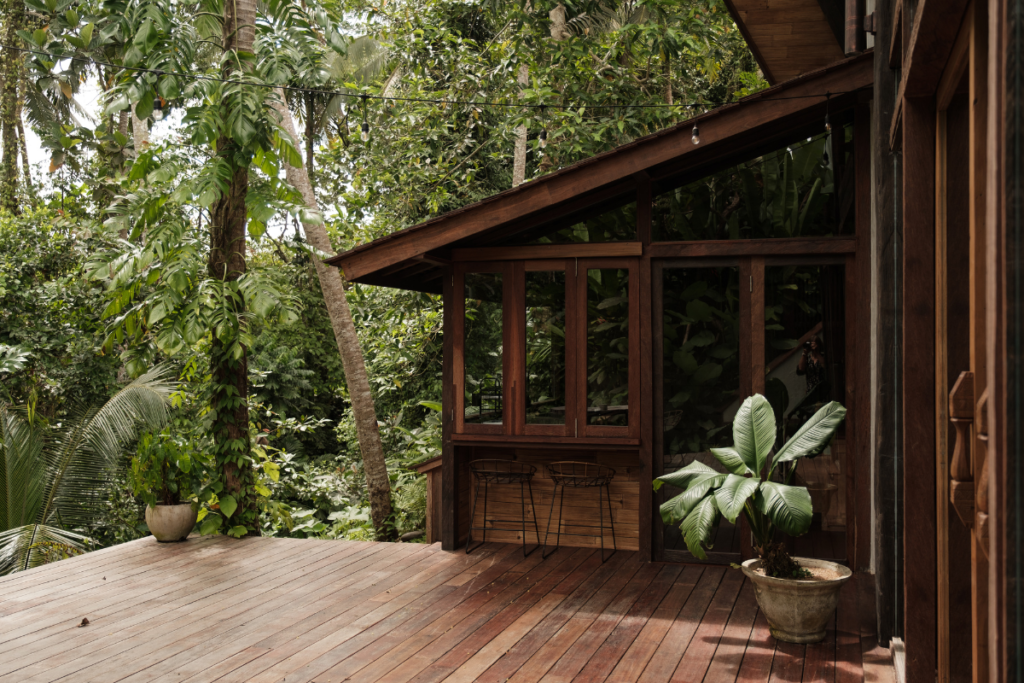
What are some tax considerations associated with selling a vacation home?
If you sell your vacation home and wish to know the tax consequences, you must first determine whether your residence qualifies as a vacation home in the eyes of the IRS. Assuming that it does, you should know how to treat capital gains and losses. You should also know what to do about closing costs.
What is the tax definition of a vacation home?
The tax treatment of your additional residence depends on how often the residence is used for personal purposes relative to the amount of time it is used for rental purposes. From a tax perspective, rental properties with personal use by the owner generally fall into one of four categories:
- Personal residence–Typically, this is a residence that is not rented at all or is rented for fewer than 15 days during the year. If it is your primary place of abode, then it is your principal residence.
- Vacation home–This is a second residence with a combination of personal and rental use. The home is rented 15 days or more per year, and personal use exceeds the greater of 14 days per year or 10 percent of the days rented. Vacation home tax rules will apply.
- Second home–If you have a second home/vacation home that is rented less than 15 days per year, and your personal use exceeds the greater of 14 days per year or 10 percent of the days rented, the second home tax rules apply.
- Rental property (with or without personal use)–This is property used personally for fewer than 15 days per year (or, if greater, for 10 percent or less of the rental days).
Caution: Tax treatment for the various categories differs significantly. Consult a qualified professional.
Capital gains and vacation homes
A capital gain occurs when you sell a capital asset for more than your adjusted basis in the property. Generally speaking, the adjusted basis of a personal residence is the cost of the property (i.e., what you paid for the property when you first purchased it), plus amounts paid for capital improvements, less any depreciation and casualty losses claimed for tax purposes. Improvements add value to a home, prolong its life, or adapt it to a new use. Regular repairs and maintenance are not considered improvements.
Regarding the sale of a vacation home, any gain must be calculated as if you had owned two properties–one for personal use and one for rental use. Gain attributable to the personal use portion is reportable as capital gain.
The gain attributable to the rental portion of the vacation home is considered part ordinary income and part capital gain.
Is there an exclusion from capital gain?
No. Unlike the case of a principal residence, you aren’t allowed a capital gain exclusion when you sell a vacation home, second home, or rental home.
Tip: If you own and use the property as a principal residence for two out of the five years preceding the date of sale, you may qualify for capital gain exclusion even though the home was a vacation home for the balance of the five-year period.
Losses and vacation homes
If you sell a vacation home at a loss, no capital loss is allowed on the personal use portion. You are allowed an ordinary loss on the rental portion of the home, however, as long as the rental wasn’t considered a temporary one.
It is important to note that you cannot deduct a loss on the sale of a timeshare. Furthermore, you cannot deduct a loss on the sale of a second home.
Closing costs
Generally, you cannot deduct settlement costs on your tax return when you sell your home. Often, however, you can reduce the amount realized from the sale. This can be advantageous for capital gain tax purposes. If you pay certain settlement costs, such as a broker’s commission, points owed by the buyer, transfer taxes, and other costs owed by the buyer, you can reduce the “amount realized” (i.e., the sales price).
